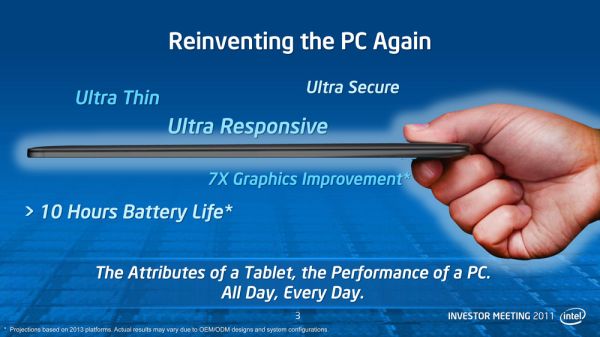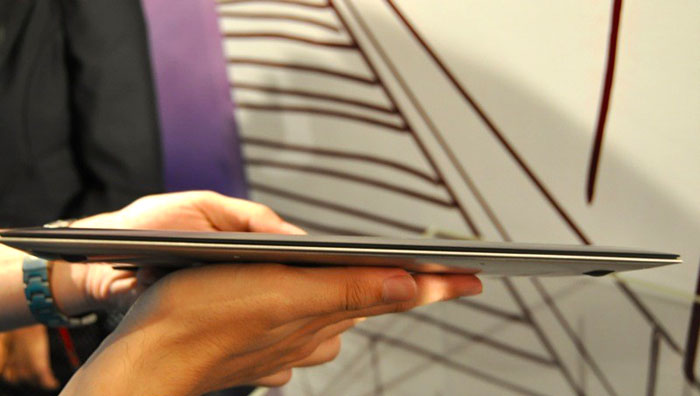There’s a hot formula for hardware startups these days: Take standard components that are declining steadily in price, and offer proprietary chips and software that make them work much better.
That’s the path being pursued by Virident Systems, a Silicon Valley company that plans to offer its own server systems as well as sell technology to much larger server makers.
The company’s chief executive is Raj Parekh, who held executive titles at Sun Microsystems in the 1990s and also was a co-founder of Silicon Graphics. He traces Virident’s existence to the fact that the design of most servers stacking up in computer rooms evolved years before the Internet. They often have massive number-crunching power, Parekh says, but aren’t particularly good at the main thing they are purchased to do–answer Web queries.
As a result, companies buy more servers than they need and only about 20% of the capacity of each machine is used, he says. That means companies also are wasting a lot of money on electricity and labor to keep extra hardware running. The response of using virtualization software–which improves utilization by allowing servers to run multiple operating systems–often isn’t workable for jobs where speed is paramount, Parekh adds.
“The current servers are just not correct,” Parekh says. “The more of them are stacked up, the inefficiency keeps multiplying.”
Virident couldn’t approach the problem with a clean sheet of paper. Industry-standard servers–those based on the ubiquitous x86 chips from Intel and Advanced Micro Devices–are too entrenched. So Virident opted to accelerate their performance. Among other things, it developed chips to allow such servers to store data on chips known as NOR flash memory–which are better-known for storing programs in cellphones–instead of on slower disk drives.
Plugging that hardware into x86 servers, along with Virident’s software, can bring big benefits, Parekh says. He estimates that one of its “data-centric” servers, tailored to run the popular MySQL database, can serve up Web queries 70 times faster than machines without its technology. One machine can do the work of four servers, he estimates.
The approach relies on partnerships with chip companies. Virident’s first collaboration was announced last June with NOR chip specialist Spansion, which has entered Chapter 11 proceedings. Virident on Monday announced a second relationship with Numonyx, the company formed from the spinout of memory-chip operations of Intel and STMicroelectronics.
Besides using Numonyx’s NOR flash chips, Virident expects later to use chips based on a technology called phase-change memory that Numonyx is backing as a successor to flash technology. Parekh says he plans to add that technology, as soon as Numonyx can provide chips with the storage capacities Virident needs at an attractive price.
Virident, which is based in Milpitas, Calif., has about 50 employees and has raised about $25 million. Instead of relying mainly on venture capitalists–not an easy proposition, since many seem turned off to hardware companies lately–the company has received much of its funding from Spansion and other partners, Parekh says.
He says the company’s own “GreenCloud” servers–set to ship in the second half of 2009–will be styled as high-performance machines, starting at around $12,000. It expects existing server makers to incorporate its technology in systems at lower prices. “We are going to build high-margin, high-value products, and let other partners cater to the mass market,” Parekh says.












0 comments:
Post a Comment